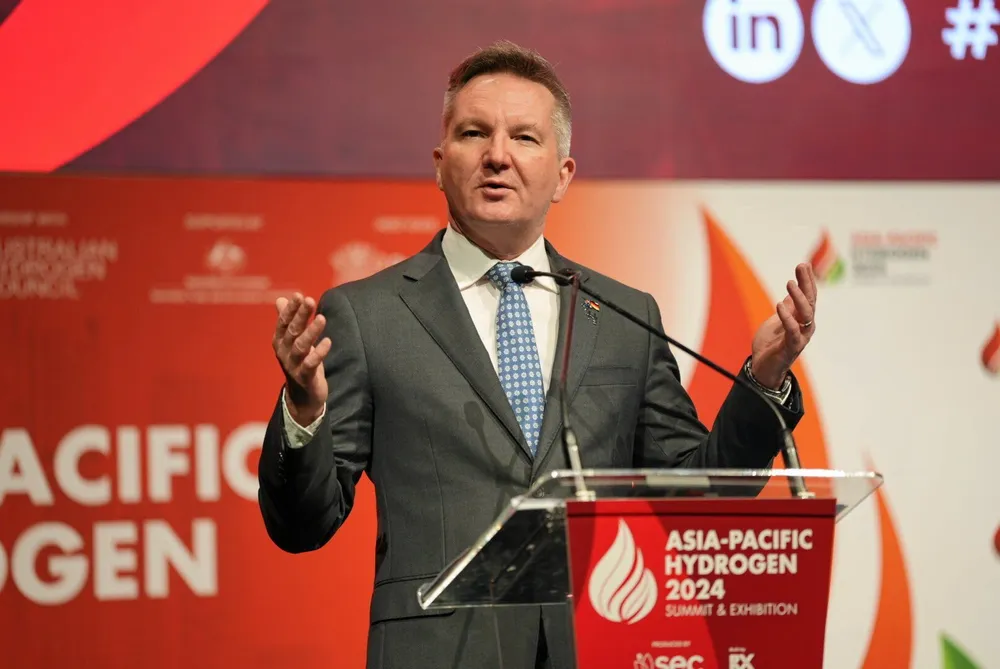Equinor drops another Australian offshore wind project... will floater flagship be next?
Decision to drop Tasmania project raises further questions about whether Equinor will reject a feasibility licence for the 2GW Novocastrian development

Equinor has withdrawn from a third offshore wind project in Australia, in another setback to the Australian government’s faltering plans for building up a major offshore wind industry.
The project in question, Bass Offshore Wind Energy (BOWE), has an estimated capacity of 1.5GW and would be located off the coast of Tasmania.
“Equinor and Nexsphere have made the decision not to proceed together with the Bass Offshore Wind Energy project (BOWE) in Tasmania,” they stated.
Nexsphere will reportedly look for new international partners in order to proceed with the BOWE project alone, some three years after joining Equinor on the project.
In recent months, the oil and gas giant has reportedly dropped its early-stage development plans for the Eden and Illawarra offshore wind projects, both in New South Wales.
Developers have often blamed an unwieldy permitting process for a loss of momentum in Australia's plans to deploy offshore wind on a large scale, even though the country has declared six offshore wind zones, with a theoretical capacity of up to 75GW.
In April, the BOWE project failed to obtain a feasibility licence, setting back its plans to start site studies to evaluate the commercial viability of an offshore wind project.
What now for Novocastrian?
Equinor has not yet announced any decision to pull back from the 2GW Novocastrian floating offshore wind farm, to be located off Newcastle, New South Wales.
A month ago, Australia’s Minister for Climate Change and Energy Chris Bowen granted Equinor and Oceanex another 90 days to consider whether to accept the key permit, but no decision has yet been made.
More generally, Equinor has scaled back its initially ambitious plans for investment in offshore wind in response to the problems of spiralling supply chain and capital costs that have lashed the industry.
The company has altered its strategy to prioritise investments with higher returns and core markets.
However, the Norwegian company has not retrenched as much as peers such as Shell and BP when it comes to renewables.
Equinor was approached for comment on the reported withdrawal from the BOWE project.
(Copyright)